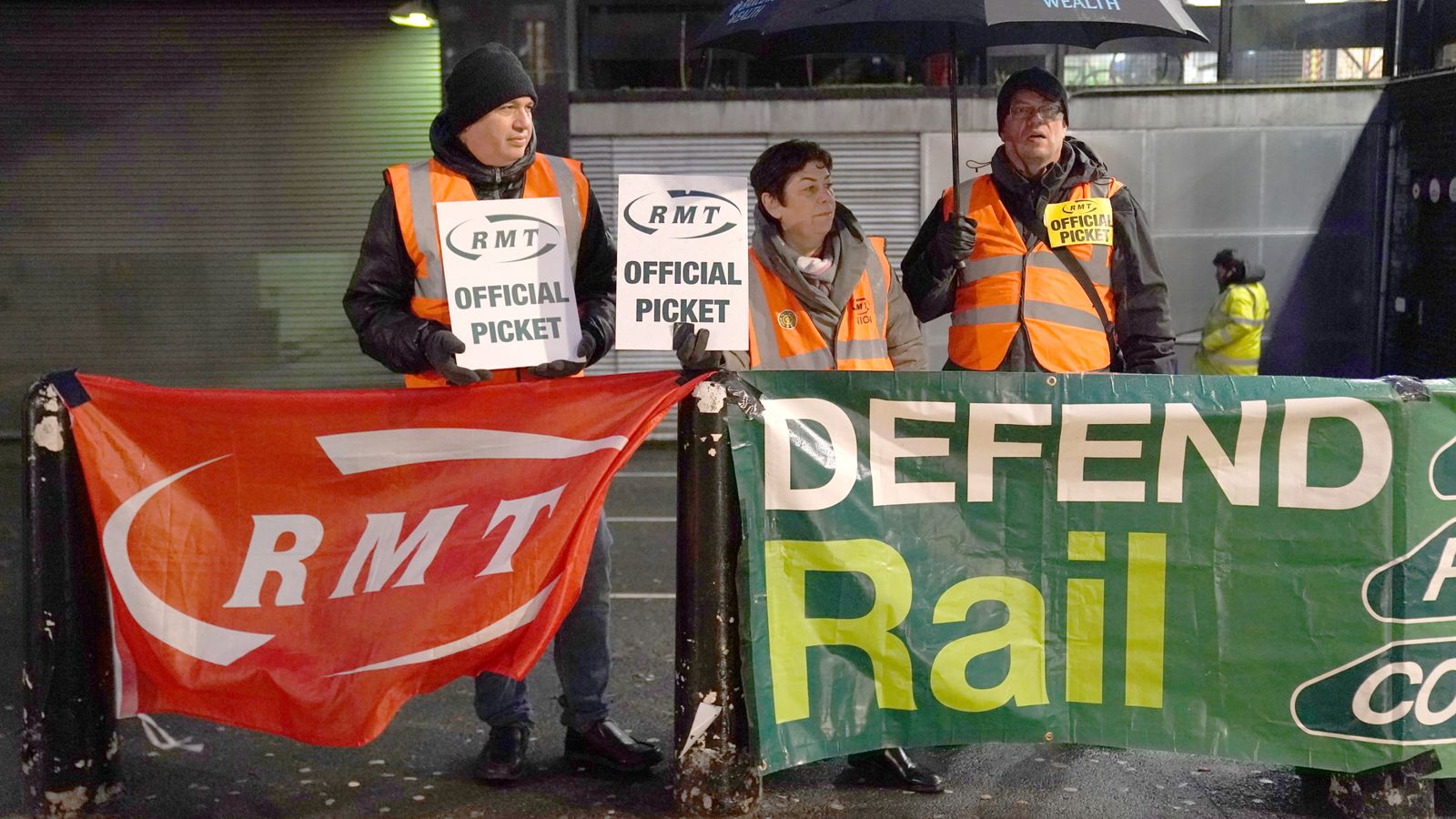In “Follow The Money,” the What Bitcoin Did team goes deep. The podcast is already a part of the El Salvador story, with its host Peter McCormack being the first to interview President Bukele after the Bitcoin Law’s announcement. In this new documentary, he’ll find out what the Salvadoran people think about that. He also registered in video Jack Maller’s part in the story, and interviewed the Strike mastermind about that exact topic.
In this documentary, though, McCormack tries to find out what the average Salvadoran thinks about the Bitcoin Law. He goes to the protests against it, faces the people, and talks to the market and the vendors. Their answers are surprising. Near the end, McCormack interviews Bukele for a second time, but let’s not get ahead of ourselves.
The documentary begins with a wild fact about our planet, “On September the 7th, 2021, El Salvador became the first country in the world to make Bitcoin legal tender.” Then, using slick drone shots and never before seen footage, McCormack and company tell us the rest of the story. And show us things we already reported on from another angle.
About the commitment to make bitcoin legal tender, the documentary says:
“The decision was celebrated by bitcoiners around the world. It promised to bring financial independence to Salvadorians and release the dollarized country’s economy from the grips of the United States, but this is just one side of the story. The other side reaches far back into El Salvador’s violent history.”
Follow The Money, El Zonte Edition
As everybody should probably know, it all began in a small fishing village that we now know as Bitcoin Beach. Its real name is El Zonte and one of the persons who started the whole movement, Michael Peterson, tells the project’s origin story.
“We actually met with this guy who was an early Bitcoin investor, and he basically just said, you know, I have made all this money in Bitcoin I’m never going to be able to use it all myself. I want to use it to do good things in the world. They were looking for a project that would actually help bitcoin circulate. We started paying kids to work in different work programs in Bitcoin at the same time we worked with the different stores to be able to accept it.”
Another one of “Follow The Money’s” protagonists was Michael’s wife, Brittney. She clearly states the goal of everything her family’s doing in El Salvador.
“… I feel like that’s really the goal behind any organization that comes down to do good is to empower the local people, they’re the ones that are going to be here forever, and you get a couple key people there, and then they start to make small changes within the community, and then those become generational changes.”
One of the documentary’s supporting characters, coffee shop owner Enzo Rubio, has a positive story. “We saw Bitcoin going up and up, so it was a very good idea to have my savings on Bitcoin, so that’s what I’ve been doing.” And his views about the future of the bitcoin network are bullish. “At the end of the day, when people learn about it, they’re going to be able to do amazing stuff with their money.”
He also thinks that this is a great opportunity for the Salvadoran youth to study to become developers, or in Rubio’s words, “learning to code into blockchain.”

BTC price chart for 05/24/2022 on Coinbase | Source: BTC/USD on TradingView.com
Follow The Money, The Vendors, And The Protestors
The What Bitcoin Did team recorded the “Follow The Money #1” documentary during the days of the Bitcoin Law going into effect. Peter McCormack introduces the situation, “The news of Bitcoin was sweeping across the country, but after speaking with to dozens of Salvadorians, it was clear that many did not understand it or what it would mean to them.”
The crew goes to a local market and McCormack starts asking people if they plan to accept bitcoin any time soon. It’s a “NO” across the board. No one is interested in the topic. A local vendor tells tries to tell it like it is and failed, “there has been no necessary education, the necessary things have not been explained to the people. There are more important problems in this country than our currency exchange, that should be secondary.”
The currency is the main problem. Everything should be secondary to fixing the money, but that’s neither here nor there. After talking to the neutral vendors, McCormack is ready to talk with those who are against bitcoin. Are they just trying to get President Bukele back? Does their case has a leg to stand on? McCormack introduces the situation once again:
“With the launch of Bitcoin as a legal tender only days away, the capital San Salvador was seen small, but tense protests, and I was troubled to find that my relationship with Bukele had become part of the story.”
The protesters saw the first Bukele interview and think that McCormack and he are in business together. One of them exposes their case. “The point is that this Bitcoin policy has been promoted without consultation with the Salvadoran population. It is practically an initiative of the president without consultation, and it is not at all clear how the regulations will be.”
To get to the bottom of that, McCormack will talk to an opposition leader and interview Bukele for a second time. Stay tuned for the second part of this series.
Featured Image: McCormack screenshot from the documentary | Charts by TradingView






